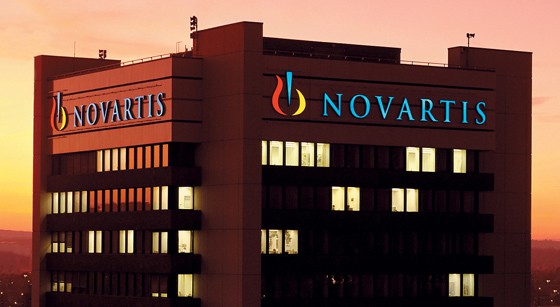
Novartis is paying up to $326m to license rights to a drug developed by Aveo Oncology designed to treat a debilitating symptom of cancer and other diseases.
The Swiss pharma major is paying $15m upfront for AV-380, which is in testing to alleviate cachexia, a wasting syndrome that is seen in patients with severe, chronic illnesses.
The first-in-class antibody drug has not yet started clinical trials, although preclinical testing suggests it can switch off cellular processes that lead to loss of muscle and fat tissue in cachexia. AV-380 targets growth differentiation factor 15 (GDF15), a cytokine linked to inflammation whose levels are known to be elevated in cachectic patients.
Under the terms of the deal, Aveo stands to receive up to $311m in milestones as well as tiered royalties on sales ranging from high single digits to low double-digits. Novartis will be responsible for the clinical development, manufacturing and commercialisation of AV-380 and also gets rights to related antibodies, including modified and derivative forms.
The licensing deal throws a lifeline to Aveo, which has been suffering since the US FDA rejected its kidney cancer candidate tivozanib two years ago, prompting former partner Astellas to return rights to the programme.
In Aveo’s recent second-quarter conference e call, the company indicated that ongoing discussions with regulators in the US and EU suggesting they would be prepared to accept new filings for tivozanib in renal cell carcinoma (RCC).
In Europe a filing could be based on data from the TIVO-1 study, which found the drug was more effective than Bayer’s Nexavar (sorafenib), according to Aveo’s chief executive Michael Bailey, who said the company is seeking partners for the programme and could file before the end of the year.
Meanwhile, in the US the FDA has indicated that it could consider a filing if the company carries out a proposed phase III trial of the drug as a third-line therapy and combines that data with the TIVO-1 results.
Bailey said the company plans to include patients have received treatment with checkpoint inhibitors such as Bristol-Myers Squibb’s Opdivo (nivolumab) and Merck & Co’s Keytruda (pembrolizumab), both of which have clinical data in RCC even though they are not yet approved for this cancer.
If the checkpoint inhibitors are approved for RCC the likelihood is that the third-line patient population will expand, said Bailey.
The company has also licensed rights to the drug to Russian drugmaker Pharmstandard, which will sell it in Russia and other markets in East Europe and Asia if approved and pay royalties on sales.




